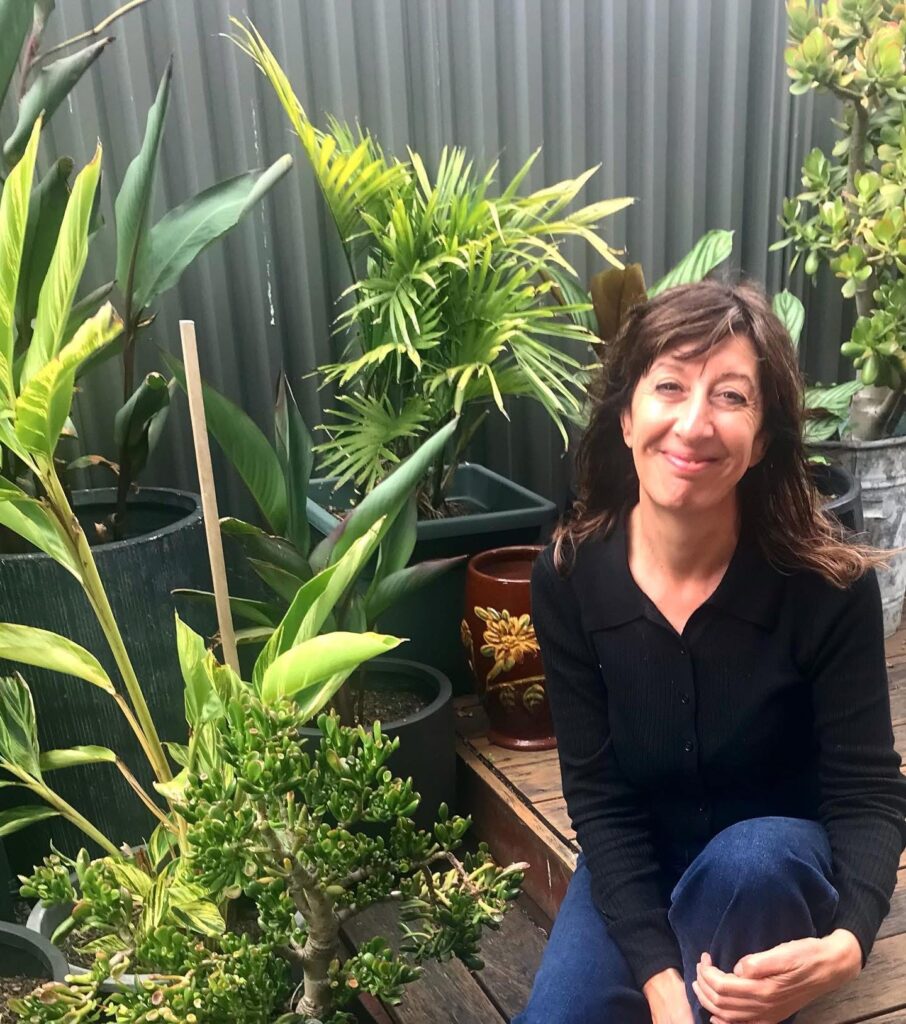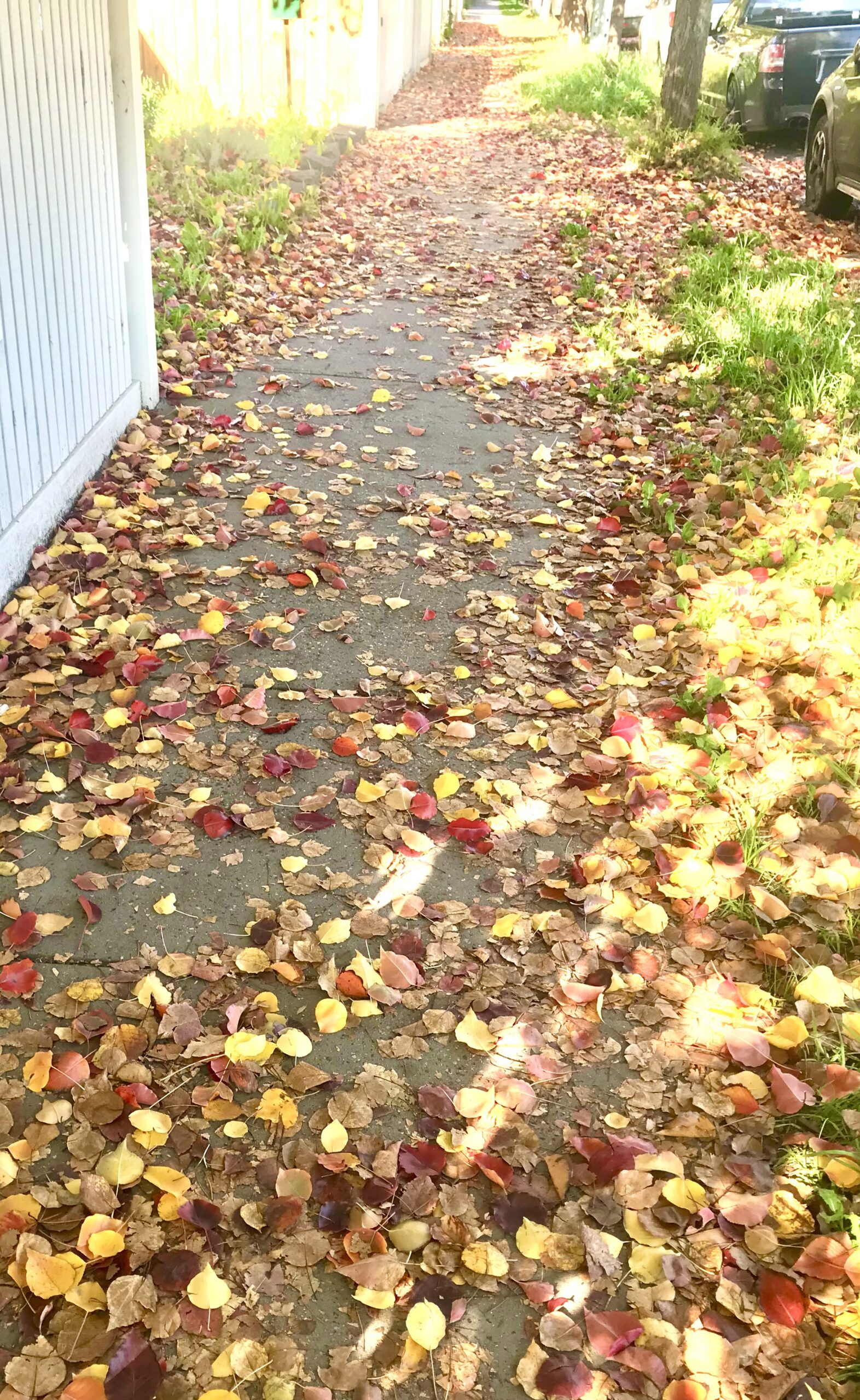The transition into perimenopause and menopause can often be a wild ride.

Fluctuating hormones and symptoms like hot flushes, mood swings, sleep disturbance, and brain fog can be tough to navigate. While menopause typically occurs in early 50s, the years leading up to it (perimenopause) can be equally challenging.
Having gone through menopause in the last couple of years, I get how there can be many emotions at play too. At times relief and a sense of freedom, at other times grief, in acknowledging a transition from one life phase to another. But also, surprise… For example, I could never have imagined how my skin wouldn’t quite fit anymore – until it happened.
In Traditional Chinese Medicine (TCM), this is an important life phase and an opportunity to re-calibrate and reset. Constitution, lifestyle, environment and state of health, can really influence how your body navigates the process. There is so much Chinese Medicine and Acupuncture has to offer… wherever you are at. We all have a unique experience of this process, therefore, an individual and targeted approach with Acupuncture, herbal medicine, diet and lifestyle changes can help smooth this transition.
When it comes to navigating the highs and lows of this time, I find, the more you can settle your nervous system the better. For me, that means a little less cardio, a bit more yoga, more strengthening and a piling on of the joyful things.
Because the more you can nourish your heart by doing the things that you love and being true to yourself, the more resilient and stronger you can become.
Some Chinese Medicine Strategies to help support during this time:
- Build Qi and Blood Reserves: Supporting the spleen and stomach Qi in Chinese medicine is crucial to aid digestion, boost energy, nourish skin, hair, and promote nutrient absorption. Eat plenty of whole, nutrient-dense foods like soups, slow-cooked meals and root vegetables. Increase your protein intake in the morning when your digestion is at its peak strength. Avoid processed and refined foods.
- Lighter Evening Meals: Eat before 7pm to improve digestion and support peaceful sleep.
- Support Liver Qi: Help your liver to cleanse and detoxify by eating lots of leafy greens and cruciferous vegetables. Include exercises that stretch through the sides of the body and ribcage to aid your liver qi.
- Boost Kidney Energy and Soothe the Nervous System: Include mindful practices such as yoga, tai chi or qi gong. Take walks in nature and schedule some quiet reflective time to calm the mind and support adrenal health.
- Nourish the Heart: Find the things that bring you joy and do more of them. Even if you can only manage small snippets of time to start with. Connect into your creativity and self-expression.
- Chinese Herbs and Acupuncture: Treatment can help by addressing the underlying issues that contribute to your individual symptoms. Acupuncture can also be great at addressing stress levels and chronic pain. This in turn may help sleep and mood.
Elisabeth x



